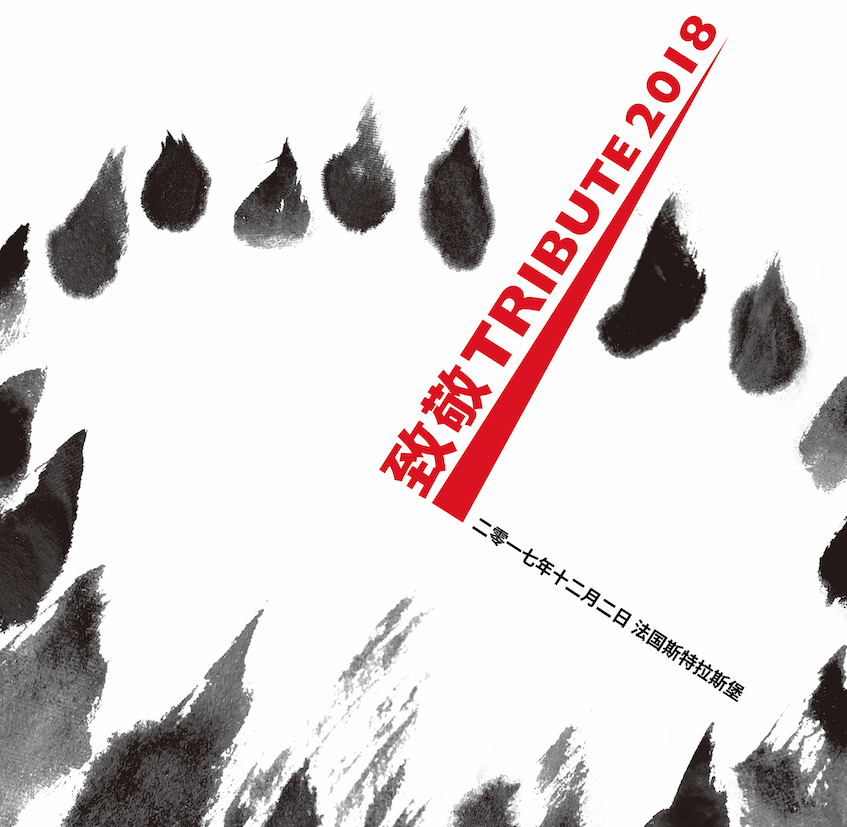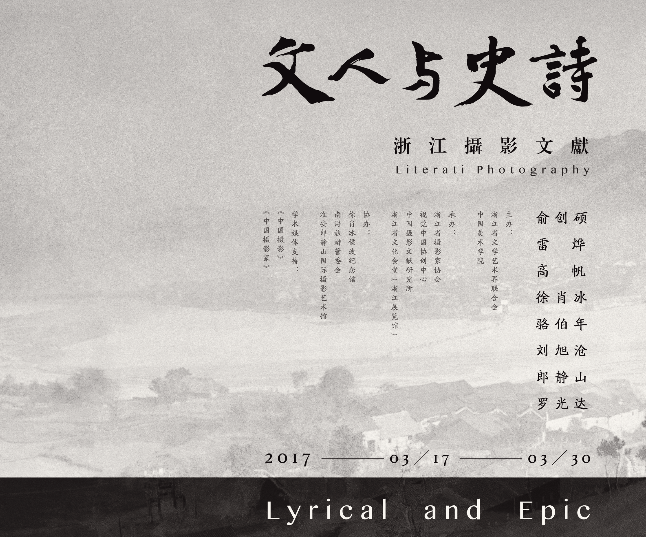In 2001, Zheng Shengtian and Lu Jie jointly wrote to Xu Jiang, then Vice President of China Academy of Art, to suggest the establishment of the first curator’s workshop in the Chinese-speaking regions, to train professional art curators. They also submitted a ‘Curator Workshop Plan.’
In 2002, Lu Jie initiated the ‘Long March—A Walking Visual Display’, with Qiu Zhijie serving as the executive curator. The display followed a historical timeline, with twenty planned implementation points, covering 12 points in four months, later establishing the ‘25,000 Cultural Transmission Center’ in Beijing’s 798. The project emphasised thought and dialogue through walking and practice, creatively reflecting on the established linguistic paradigms of contemporary Chinese and international art through international and local relationships held in collective memory.
In the same year, Xu Jiang launched the large-scale project ‘Edges of the Earth: Migration of Contemporary Asian Art and Regional Politics’, with Gao Shiming as the executive planner and Qiu Zhijie as the documentary director. This project adopted visual culture research methods, inviting art historians, curators, artists, designers, and scholars to visit cities important to the development of contemporary Asian visual culture, such as Bangkok, Tokyo, Kyoto, Tehran, Istanbul, and Hangzhou. The research team set different discussion themes based on the geographical and cultural characteristics of each city, conducting surveys of various forms of contemporary art practiced in different cultural spaces, in an effort to to examine the ways contemporary art is recognized and differentiated within the complex cultural realities of diverse regions.
These two almost simultaneous curatorial projects demonstrated an attitude and approach distinct from the conventional curating practices of the time—critical awareness of global cultural politics, intellectual capacity oriented towards history and fieldwork, interaction with the intellectual community, and the positions and stances of the individuals involved. More importantly, they showcased a determination to advance artistic practice beyond the field of art.
Consequently, in 2003, China Academy of Art officially established the first curation program in China, named the ‘Visual Culture Research Center’, with Xu Jiang serving as the director, and Gao Shiming, Qiu Zhijie, and Johnson Chang as deputy directors. Lu Jie, Lu Xinghua, and others were appointed as research mentors. This center was the precursor to ICAST. It was focused on cultural research, discourse practice, media research, and ideological critique, aiming to explore the visual systems and display culture of contemporary society beyond contemporary art, thereby promoting curatorial practice from a broader perspective. Since its inception, ICAST has led numerous projects deeply involved in cultural and political discourses and social thought movements.

